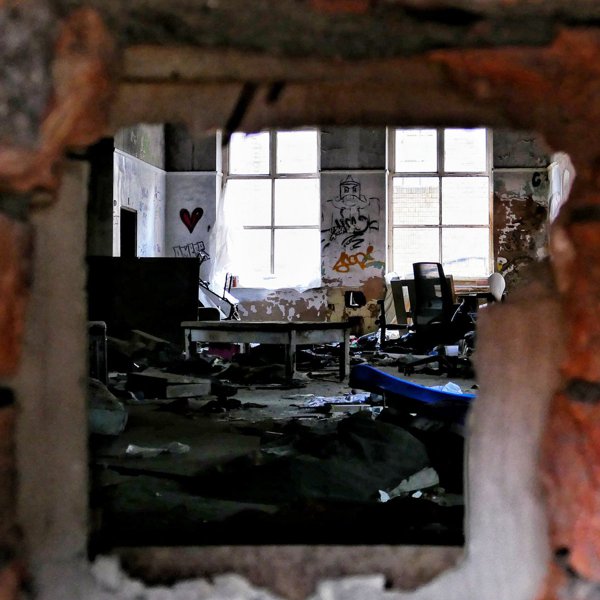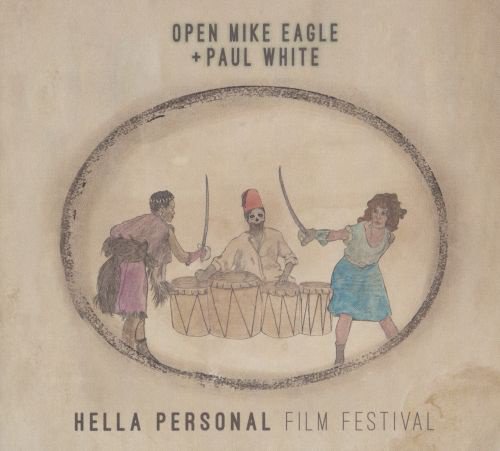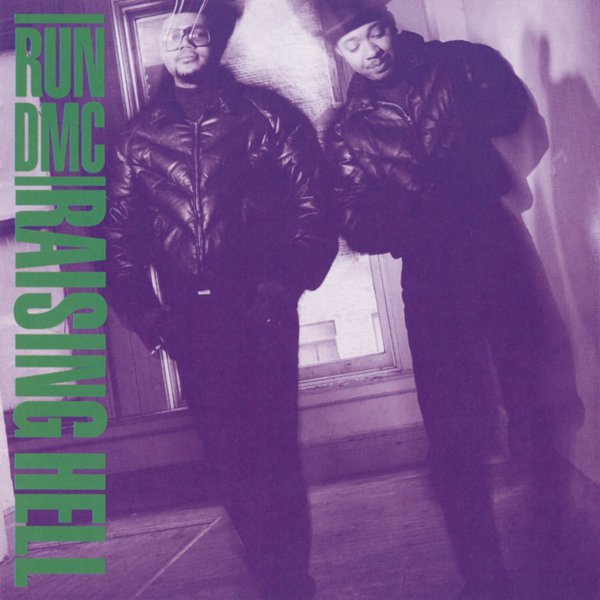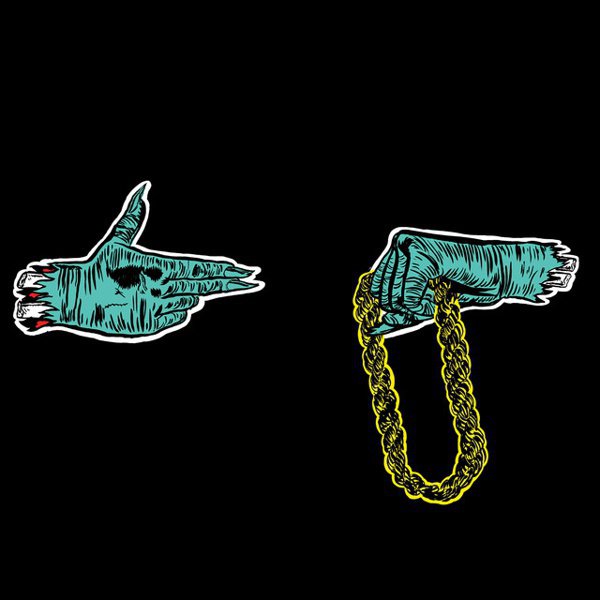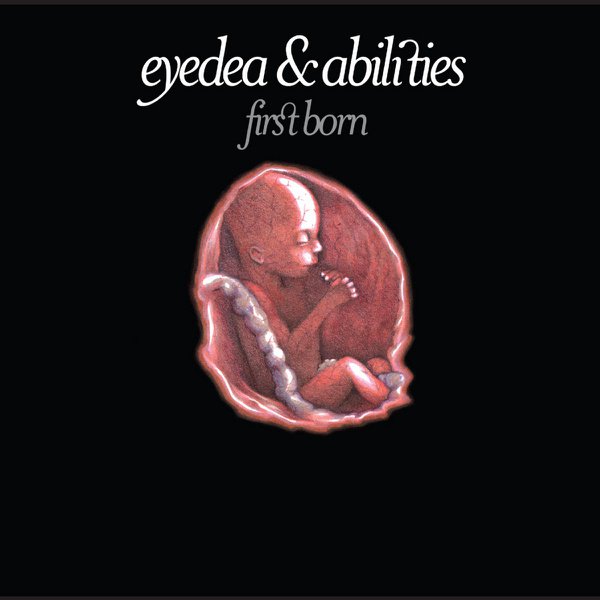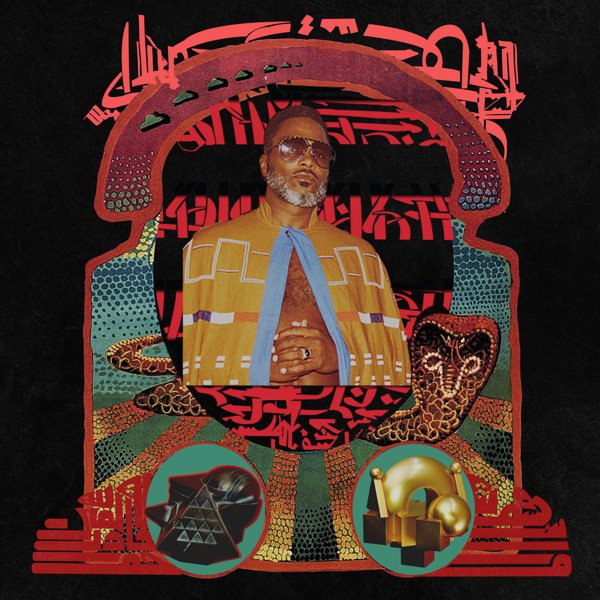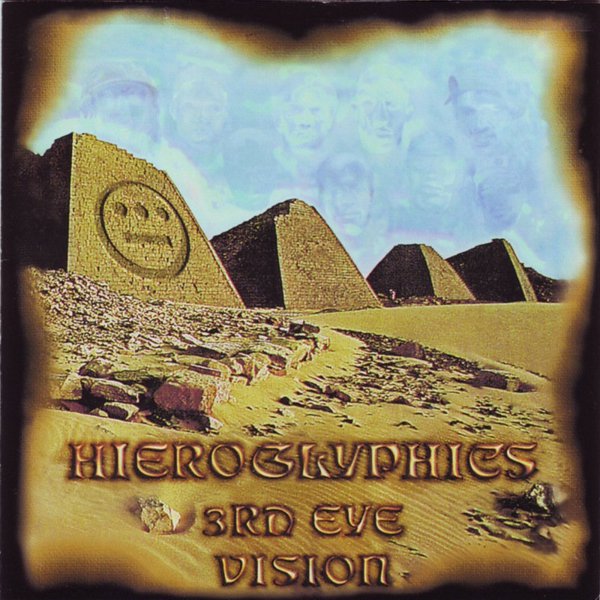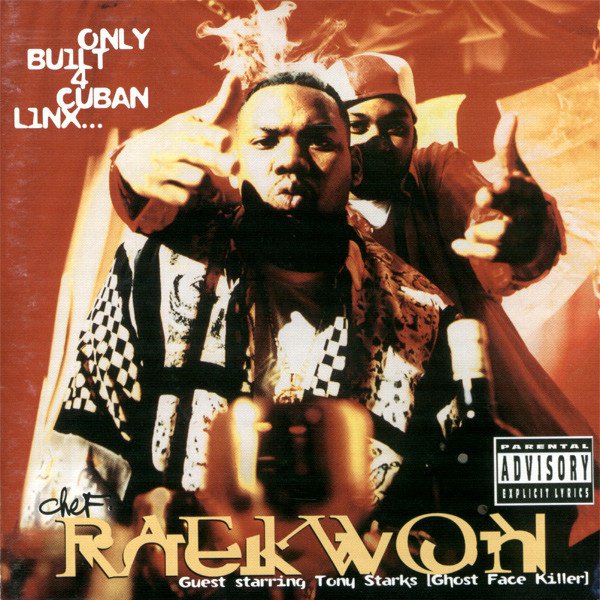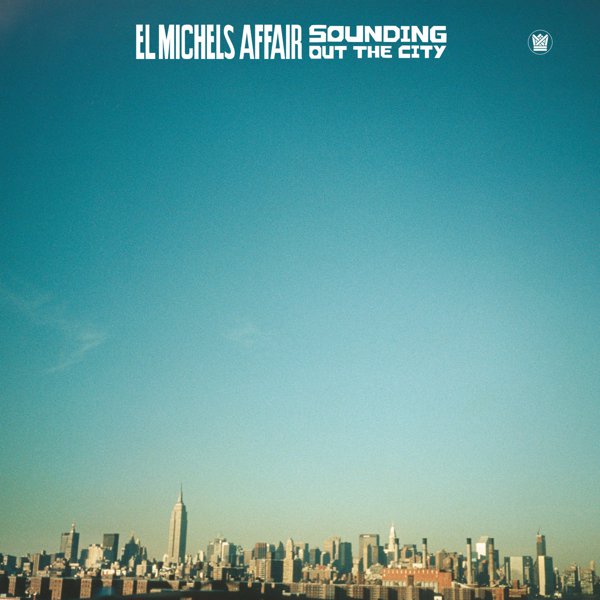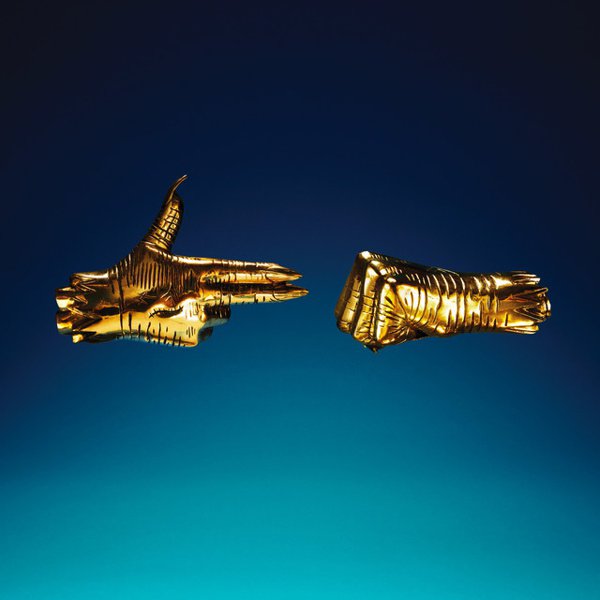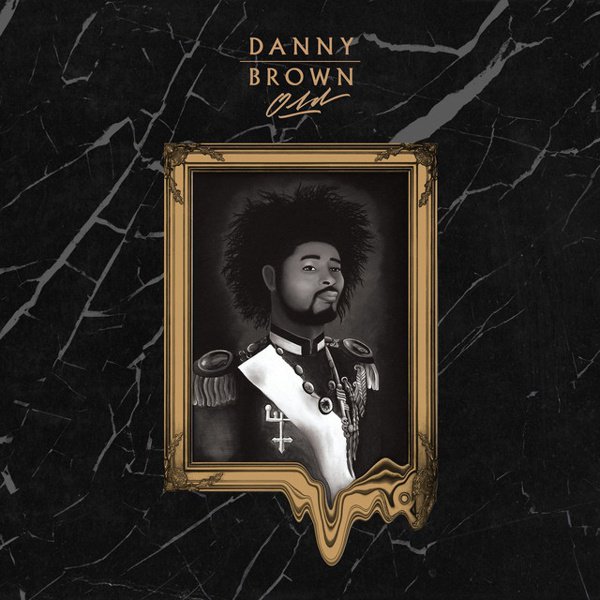Decay
Jersey rapper Fatboi Sharif has a voice that’s almost recognizable — the perceptive heft of Biggie, the freeform unpredictability of ODB, and the witnessing heartache of Scarface all hover in its periphery. But its looming heaviness feels like its own entity, sinking in with a dread-soaked tone that feels as much like doom metal guitar drop-tuning as it does like screw, a slow yet unsubtle deliberation that focuses deep enough to meditate its way into a state of heightened anxiety. As a hip-hop head with just as much affinity for alt-rock’s metal-to-grunge-to-noise continuum, Sharif’s partnership with Steel Tipped Dove on his first album for Backwoodz has produced something that the term “horrorcore” isn’t quite sufficient enough to convey. Decay is ugly and unnerving not for its own sake but for yours: it’s an album filled with mostly-brief tracks and one-verse-wonder lyrics that examine the gray areas between mental illness, narcotized headspaces, and the subconscious of dream states. (Sharif’s beat selection process included a lot of time spent listening to Dove’s tracks while drifting off to sleep.) Dove’s logey yet panoramic beats sound like they’re trying to resolve some internal struggle, all salvage-yard snares and flat-tire kicks; noise beats have had a pretty steady emergence since Dälek’s early ’00s heyday but Sharif picked out the most dissonant ones for Decay just to see if he could pull it off. He does: this is grimy and bleak in ways that Sharif exploits to the fullest, to the point where it bears a lot of the direct emotional weight that his actual words need a few passes to really drive home. Those lyrics feel characteristic of a scramble to make sense of stimulus overload when they’re legible: “The 6th Floor” describes an apartment-as-panopticon where all your neighbors’ transgressions and sicknesses are just a thin wall away; “Brandon Lee” nods to The Crow but populates the other screens of its ’90s multiplex with a post-pandemic take on the hermetic justified-or-otherwise paranoia of Safe and Enemy of the State; “Boogie Monster” seems to clock some menacing entities through a haze of half-repressed memories and synesthesia. And when his free-associative words stir up more marginal details than overarching narratives, you can still hear that clash between experience and disorientation in his voice in ways that make the enigmatic abstraction cohere into harrowing, alienated feelings you can immediately recognize. If it sounds narcotic, it’s in a way that’s simultaneously thrilling and kind of scary, a reminder that the phrase mind-altering substance holds all kinds of potential for both third-eye revelations and total breakdowns — and some shit that just haunts you even when you’re long sober.

